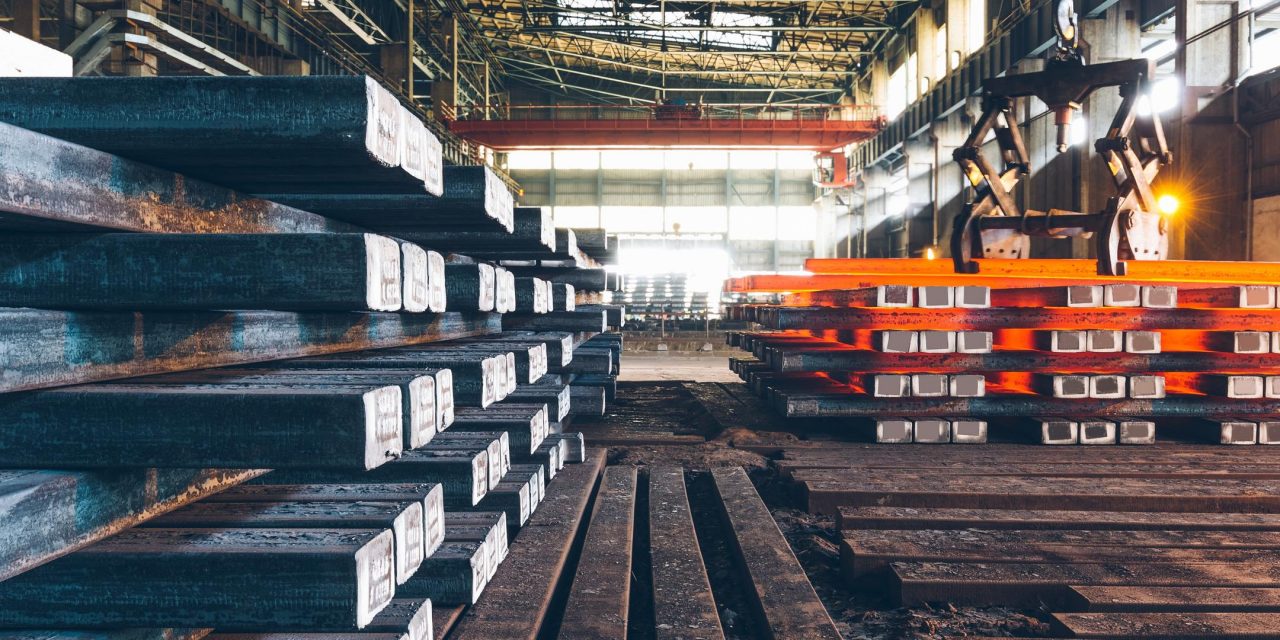Pressure on the market from disrupted supply can be eased only by increasing European steel production, temporarily lifting safeguard measures to allow more imports, and ending the war in Ukraine, says the Polish Union of Steel Distributors (PUDS).
Steel supply has been notably disrupted in the EU in recent weeks, both as a result of limited imports and domestic production. Even before the outbreak of war in Ukraine, the cost of inputs – electricity, gas and raw materials – saw unprecedented growth. This led some producers to limit production to periods of lower electricity rates or stop altogether and bring forward planned maintenance.
At the same time, automotive industry buyers have curbed their offtake. If this trend were to reverse, this would put even more pressure on supply, PUDS observes.
The war in Ukraine has exacerbated this situation. As a result, EU steel imports have ceased from Ukraine, Russia and Belarus, which combined account for 25% of the Polish import market. There is a big question mark over how this supply gap is to be filled. Ukraine meanwhile accounts for almost 50% of EU slab imports, and their ceased supply is already translating into reduced rolling mill output in Italy, France and Belgium.
Poland imported 13 million tonnes of steel in 2021 amid apparent steel consumption of 15mt, exports of 5.4mt and crude steel production of 8.1mt. The majority of imports came from EU countries, “but amid the same problems for the steel industry all over Europe, there is no possibility to quickly compensate for the supply gap with other origins,” PUDS chief executive Iwona Dybal says in a note seen by Kallanish. “Also not known are the consequences of changing global steel and raw material trade flows, which the war will cause in the long term.”
Steelmakers and therefore later distributors temporarily stopped taking new orders and offering product. They are now trying to wait out the uncertainty by “offering a future steel price based on hedged cost positions”, Dybal observes. “Both mills and distributors are primarily focused on the fulfilment of long-term contracts, meaning the availability of steel for spot purchases in recent weeks has been limited.”
Soaring steel prices could see distributors as well as end users experience problems in fulfilling long-term contracts, and could lead to further problems with steel availability, since many buyers “will likely increase orders due to fears over future availability and prices of material,” Dybal concludes.
— Adam Smith Germany






